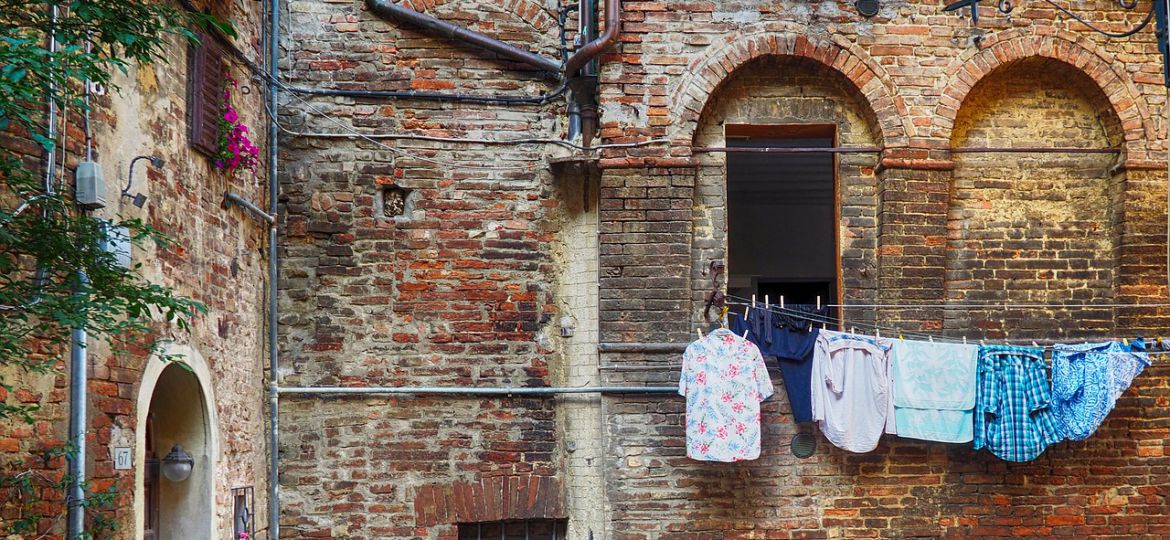
I am a doctor. I am a woman. I work 12-14 hours per day on most days. I get back home from work and I hang up my shoes. I refuse to do any physical work that is uncalled for. My stand is accepted. As I sit down and sip my wine, I think about the women I’ve seen pass through my life. My mother is one of them. She was a teacher when we were kids. She would nap in the afternoons after coming home from work. We hated that. We had, after all, so much to share with her about our day. Mom would be irritable and drowsy. Back then, little did we know that her day started at 4 a.m. and ended at midnight. Mom was expected to wake up, make breakfast and lunch for the family, get us dressed to go to school, leave us at school and then go to her work place. At work, her morning domestic chores could not be an excuse for tardiness. She was expected to arrive on time and be prepared to take her classes. She did justice to her work requirements and then came back to the pile of responsibilities that awaited her at home. She was greeted by our paternal grandmother with complaints about us. She listened to them morosely as she gulped down her food. She then went for her short nap (one that we often disrupted) and woke up in time to prepare tea for the household. She then had to take us to the playground to play, then feed us, bathe us and put us to bed. Somewhere along the way she was expected to cook dinner for the entire family, attend to the requirements posed by the elders of the family and prepare for her classes for the next day. My mother was not ‘allowed’ by my father to work for too long. He placed in front of her the option of work or family. She was threatened with divorce if she didn’t give up work. This was hardly an option was it? She was expected to prioritise her familial responsibilities over everything else. Mom had to make the ‘choice’ of family over career and soon started fulfilling her domestic duties exclusively. I remember coming home from school and surveying my mother’s hands for injuries sustained while in the kitchen. As our paternal grandparents grew older, mom spent a lot of her time tending to them and their physical needs.
As we grew older and more self-sufficient, we stopped her from over-working. The work she stopped doing was done by our domestic help. Our domestic help in Kerala was approximately 10-15 years younger than my mom. She had initially worked at a construction site. Her job there consisted of carrying heavy bricks and mortar on her head. She performed this balancing act while climbing up and down many flights of stairs in the blazing tropical sun. Her wages were not on par with those of the men she worked with. She then decided to become a domestic worker. She worked for eight hours or so at our home. She cooked, cleaned, and washed our clothes. I remember certain members of my family grudging her use of the washing machine. It took some time and effort to get them to allow her to use it. She was my friend. I called her chechi (elder sister, in Malayalam). She adored me and would move mountains for me. While we chatted, I learned about her life. She would wake up at 4 a.m. everyday and grind the lentils, rice and chutney for her husband’s food truck. She then cooked for her family, and after that, came to work in our home. She had two sons and a daughter. On the days when she had absolutely no time, her daughter was expected to cook and clean (said daughter was the same age as me). After finishing work at our house, she would go back home to the routine of cooking, cleaning, washing etc. She did this for as long as the work took. This was followed by drunken beatings bestowed upon her by her husband. This would occasionally be followed by rape. She endured it all and came back to our house to work the next day, day after day.
My mother and my chechi are two women at two ends of the socio-economic spectrum. Both of them spent almost every waking hour chipping away at the mountain of physical labour that faced them. Never did I see anyone ask them how they were. My mother and chechi would look out for each other. Mom would try to reduce chechi’s workload and chechi would try to ensure that mom didn’t have to work at all. They seemed to share a sense of sisterhood. I cannot recall my father being a part of our childhood in the same fashion as our mom. For a brief period at the beginning of my life, my father was involved in my care. That, however, did not last, as mom was expected to be the caregiver. Growing up, mom was our first point of contact. Mom came for our open houses at school and she was the one who taught us. Today as I write about my mother’s and chechi’s experiences through an intersectional feminist lens, I wonder who will pay for their physical and emotional labour. I wonder who will take responsibility for the loss of their youth. Who will take responsibility for the wear and tear that their bodies sustained from years of negligence? Most importantly, who will silence the mouths that say, “What ever did you do?”
Cover Image: Pixabay